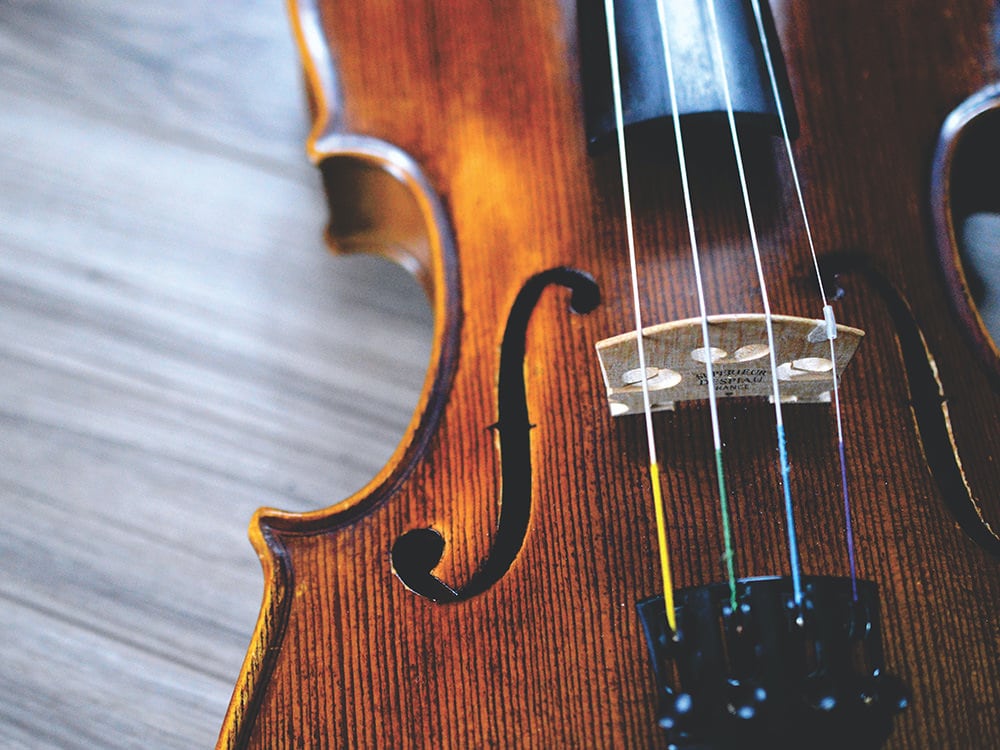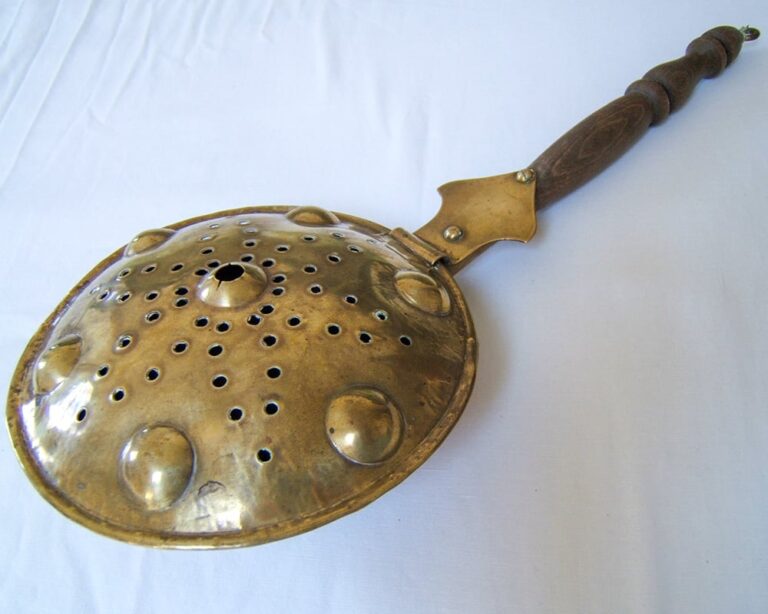violon d’Ingres
The French saying “violon d’Ingres” literally translates as “violin of Ingres.” What it really means is “hobby,” “pastime,” or “an activity that you enjoy outside your main job.”
Jean-Auguste-Dominique Ingres was a 19th century painter who created a number of famous works, including Grande Baigneuse (1808), Oedipus and the Sphinx (1808), and La Grande Odalisque (1814).
Outside of his talent for painting, Ingres was also a talented violin player. His violin playing was good, though not remarkable. For a while, he even played among the second violins for the orchestra of Toulouse.
This expression dates back to the start of the 20th century.
The nearest English equivalents are “hobby,” “avocation” and “to have a second string to one’s bow.”






